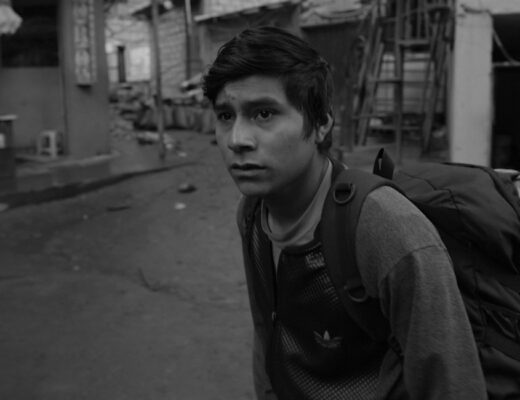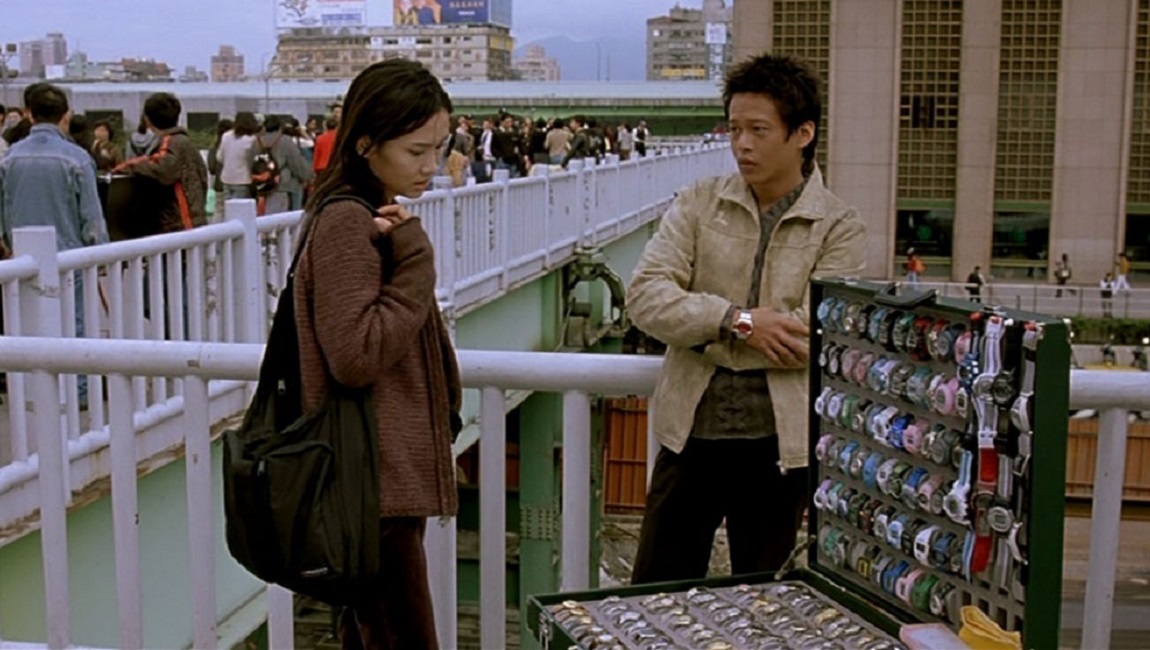A wonderfully realized portrait of the alienation experienced by both a mother and her child, Italian filmmaker Emanuele Crialese’s brilliantly colorful and touching L’Immensita revels in the weight that all of the smallest things in the world can hold. The film marvels at both their fineness and immensity, and is anchored by a great performance from Penélope Cruz as Clara — mother to three children, including Andrew (newcomer Luana Giuliani), whose gender nonconformity has become a strained point in the family as he outgrows his innocently acquired boyhood. From the pains of a broken marriage to the smallest performative gesture in the choice of clothes worn for a Christmas card, every facet of this family’s lives affects the kids as they grow up, and particularly as they grow more aware of what is happening at home.
Billed more broadly as a familial melodrama, the central mother-child relationship between Clara and Andrew is ultimately L’Immensita’s centering force. Clara’s other, younger children are best articulated through scenes with Andrew, which highlight the delicate balance of childhood and all of its pre-adult anxieties. One child eats too much, while the other refuses to eat. And while Andrew finds himself only in a freedom that comes beyond shelter, his mother finds shelter only by regressing to childlike innocence. Cruz particularly shines as Clara, a parent who endeavors to grow closer to her children and to share in the safety they find in their youth as a means of escape from the abuses of her husband.
Andrew’s story, drawn from Crialese’s own coming of age and set in 1970s Rome, depicts how unstable identity can be in that liminal space found at the end of childhood. It’s not for lack of assuredness, but from an increased scrutiny from outsiders, and one’s growing awareness of it. Andrew’s first love with a girl in a worker’s colony allows him the dignity to exist as himself, marking his escape into an adolescence often denied him: he experiences the first inklings of growing up, of building connections, of negotiating relationships. This chapter is especially symbolic, as it represents a turning point — at life’s beginning, no less — in how he can be seen. Andrew’s relationship to gender and his burgeoning sexuality are born tangibly; having passed socially for years due to the androgyny afforded by childhood, he joins his peers — in one pointed fantasy sequence, they all cast off their color-coded uniform robes (white for girls, black for boys) and refuse the weight of their customs.
Elsewhere, the film’s ‘70s Italian pop music alternates between unbelievable corniness and unabashed sincerity: on which side of that line these musical numbers fall can be found in how they are diegetically incorporated. Clara dancing with her children around the breakfast table at best offers sweet cheesiness, but at worst it can create a dissonance relative to the weight of the surrounding drama. Later sequences, however, including two where Andrew hears a song on the TV and enters a black-and-white dreamscape where he and his mother perform on the same stage, reflect more fidelity to the heart of Andrew’s narrative. The better of these two latter needle drops is Adriano Celentano’s “Prisencolinensinainciusol” (the infamous song made to sound like English via incomprehensible gibberish), deployed to reflect an exploration of barriers in our communication (so notable in this family’s relationships).
Family is a difficult thing; even our closest kin do not see us — understand us — within the specific vacuum we once inhabited as children. Further yet, Andrew’s journey is not a coming-out story in the modern, identity-politics-driven sense, nor does it speak the same language of transness that someone like he would no doubt be labeled with today. But what’s notable here is that he never asserts that he is becoming a boy, but instead simply chooses to exist, allowing himself to disappear into the lightness of a world before such labels and language. It’s an utterly essential reflection of his journey, and in this course, he finds hope that, someday, his family’s immense expectations for him might also disappear.
Published as part of InRO Weekly — Volume 1, Issue 19.







